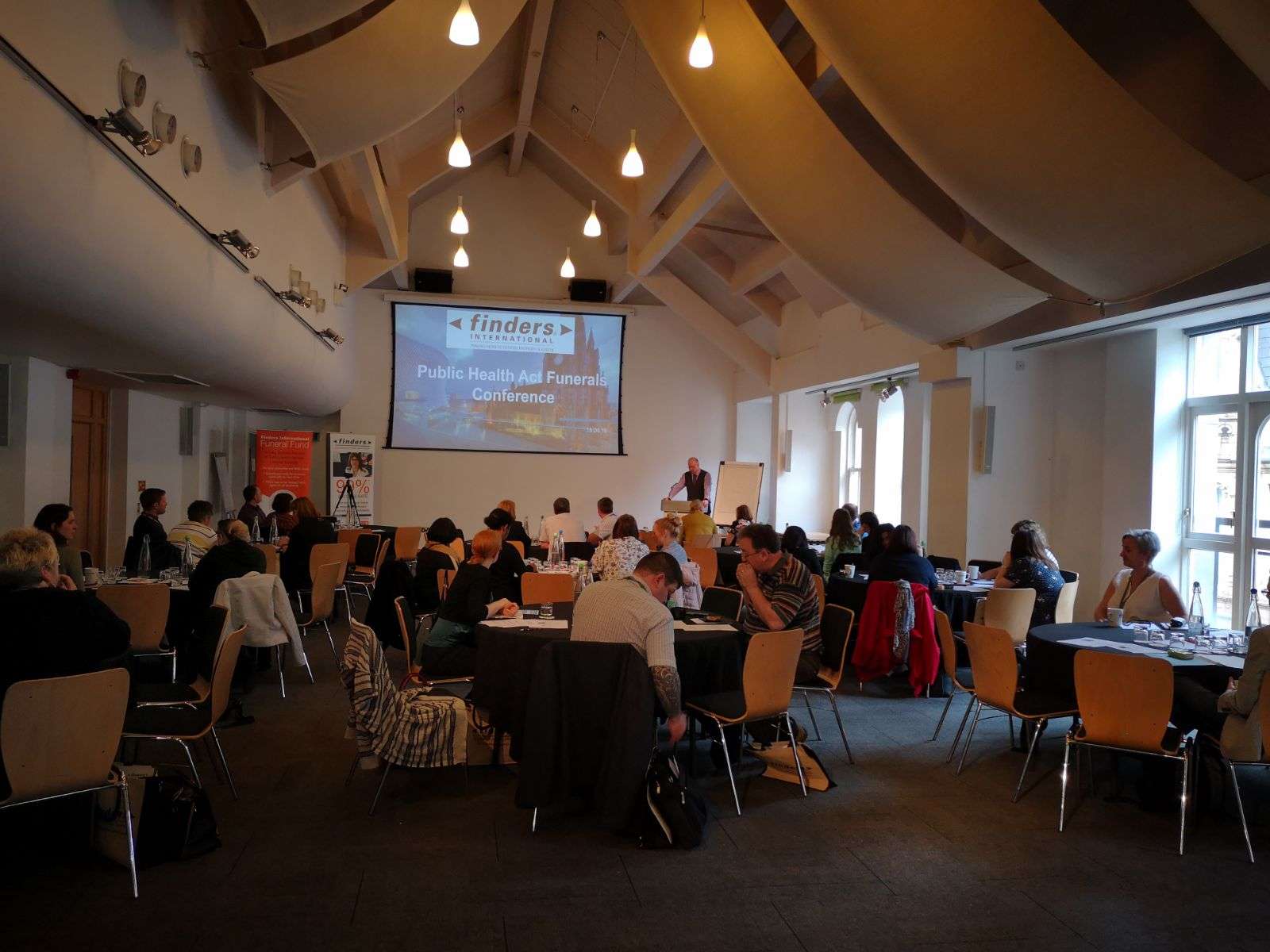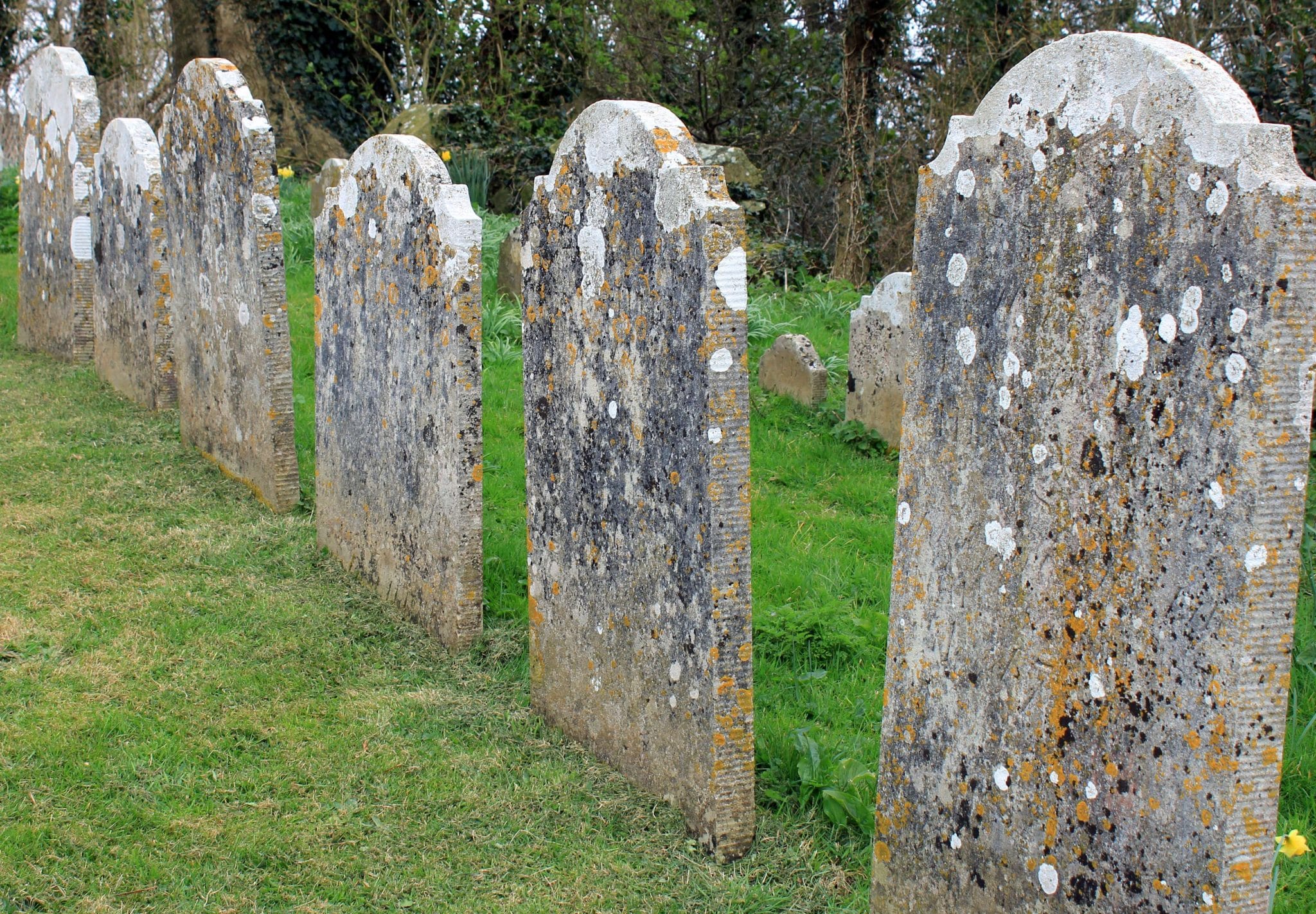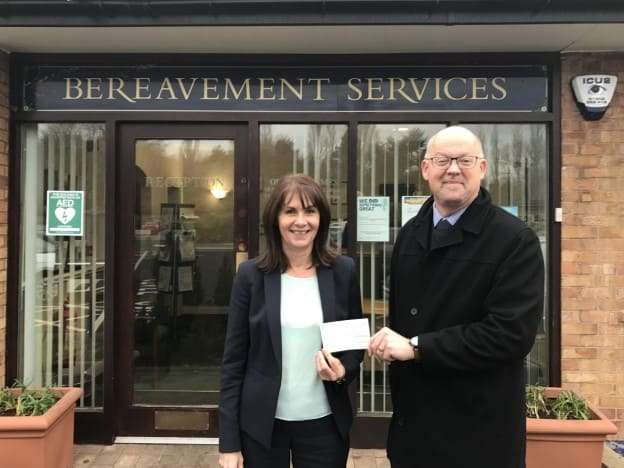Costs Soar for Public Health Act Funerals
Sometimes referred to as ‘pauper’s funerals’, the Public Health (Control of Disease) Act 1984 confers a statutory duty on councils and health boards to “to cause to be buried or cremated the body of any person who has died or been found dead in their area, in any case where it appears to the authority that no suitable arrangements for the disposal of the body have been made or are being made otherwise”.
In recent years, numbers of such funerals have soared thanks to rising funeral costs and the increase in people dying alone. A Royal London report found that councils spent £4 million on public health funerals in 2015/16, an increase of 12 percent over the last five years. At the same time, the cost of public health funerals increased by 36 percent.
Freedom of Information data from 260 local authorities showed that some 3,784 public health funerals took place in 2015/16. The biggest percentage increase in public health act funerals was for councils in the East of England – up 36 percent.
London local authorities saw the largest financial increase in costs, with a 51 percent increase in the average funeral cost – £1,004 in 2015/16, compared to £666 in 2011/12.
What’s included in a public health act funeral? The service varies between authorities with no standard procedure, but it usually involves the collection and storage of a body, a coffin (basic, or standard), burial in a public grave or cremation, and vehicle/bearers to transport and help in the burial of the deceased.
A public grave is an unpurchased grave which doesn’t allow for the purchase of a monument or memorial and may be shared with another person. A public health act funeral might also involve what is called direct burial or cremation. This means the body is buried or burned without a service to mark the occasion.
Because of the pressure on numbers of burial sites, increasing numbers of local authorities must opt for cremation rather than burial. Cremations are cheaper too.
David Lockwood, Finders International’s public sector development manager, said: “As an ethical organisation, it’s important for Finders International to give something back to the area in which we work. Finders has pledged to put £10,000 a year into this important fund."
Details of the FIFF can be found on Finders International Website - http://www.findersinternational.co.uk/our-services/public-sector-services/funeral-fund/
Finders International Funeral Fund Helps Doncaster Council With Costs
We were delighted to be able to put our Finders International Funeral Fund to good use recently in the case of a Doncaster man who died earlier this year with no apparent next of kin.
We were contacted by Doncaster Council, who applied for the fund. We set the fund up two years ago in response to the growing number of Public Health funerals (sometimes referred to as ‘pauper’ funerals). The cost to local authorities in 2015 was £1.7 million, and this figure is bound to have
increased since then.
Section 46 (1) Public Health (Control of Disease) Act 1984 places a duty on councils to “cause to be buried or cremated the body of any person who has died or been found dead in their area” where it appears there are no suitable arrangements for the disposal of the body have been or are being
made.
Councils are obliged to do everything in their power to locate living relatives or friends of the deceased to pass this responsibility on, but in some cases, no friends or family can be found.
The insurance company Sunlife calculates that the average cost of dying in the UK is now a whopping £8,905 – a 1.2 percent rise in a year and an increase of more than 50 percent since the business first started tracking this cost ten years ago.
Sunlife’s figure comes from the cost of a basic funeral, the send-off (flowers, venue hire, catering, limos, a gravestone etc.) and hiring a professional to administer the dead person’s estate.
Doncaster Council applied to the fund to help with the funeral costs of a 66-year-old man who died in February with no known next of kin. We carried out research to confirm this and found it to be correct. We were able to pay for half the costs of the funeral.
Danny Curran, Finders International’s founder and managing director, said: “At Finders International, giving back to the community is part of our ethos. We were delighted to be able to help in this case. If the trend for the increase in Public Health funerals and costs continues, it’s likely this will reach a staggering £5 million by the year 2030, expenditures that our hard-pushed local authorities cannot afford.
“When councils apply for a subsidy payment from us, we carry out the research to check if there are genuinely no family members who can pay, rather than next of kin who just refuse to pay. Then, we will award payments from the fund if the criteria are met.”
To find out more about the Finders International Funeral Fund, see the information here. You can also contact us on 0800 085 8796 or email [email protected]
Registering the death and arranging the funeral
[restrict]
The case was referred to us by a local Council who had been dealing with the lady’s finances, but knew of no family who could deal with the estate and the funeral arrangements.
Although the deceased had lived in the area for many years, she was originally from Lancashire and this is where the majority of her family had remained. A widow, with no issue or siblings, we quickly got in touch with her 9 remaining cousins and cousins once-removed, including one in Australia and one in America. Within a few weeks, one of her cousins had agreed to act as Administrator and appointed a firm recommended by Finders in their area.
As the beneficiaries had not been in touch with the Deceased for many years and were miles from where she had passed away, they did not feel able to take on the potential complications and responsibility of arranging a funeral in an unknown area. Our recommended solicitors however, being well versed in dealing with cases of this type, were able to register the death by declaration and instructed a funeral director to arrange the burial. We were also able to notify the rest of the family members, so that they were given the opportunity to attend. This meant that the beneficiaries had a solicitor local to them and, yet the funeral could be dealt with promptly and efficiently, with the family’s involvement.[/restrict]




